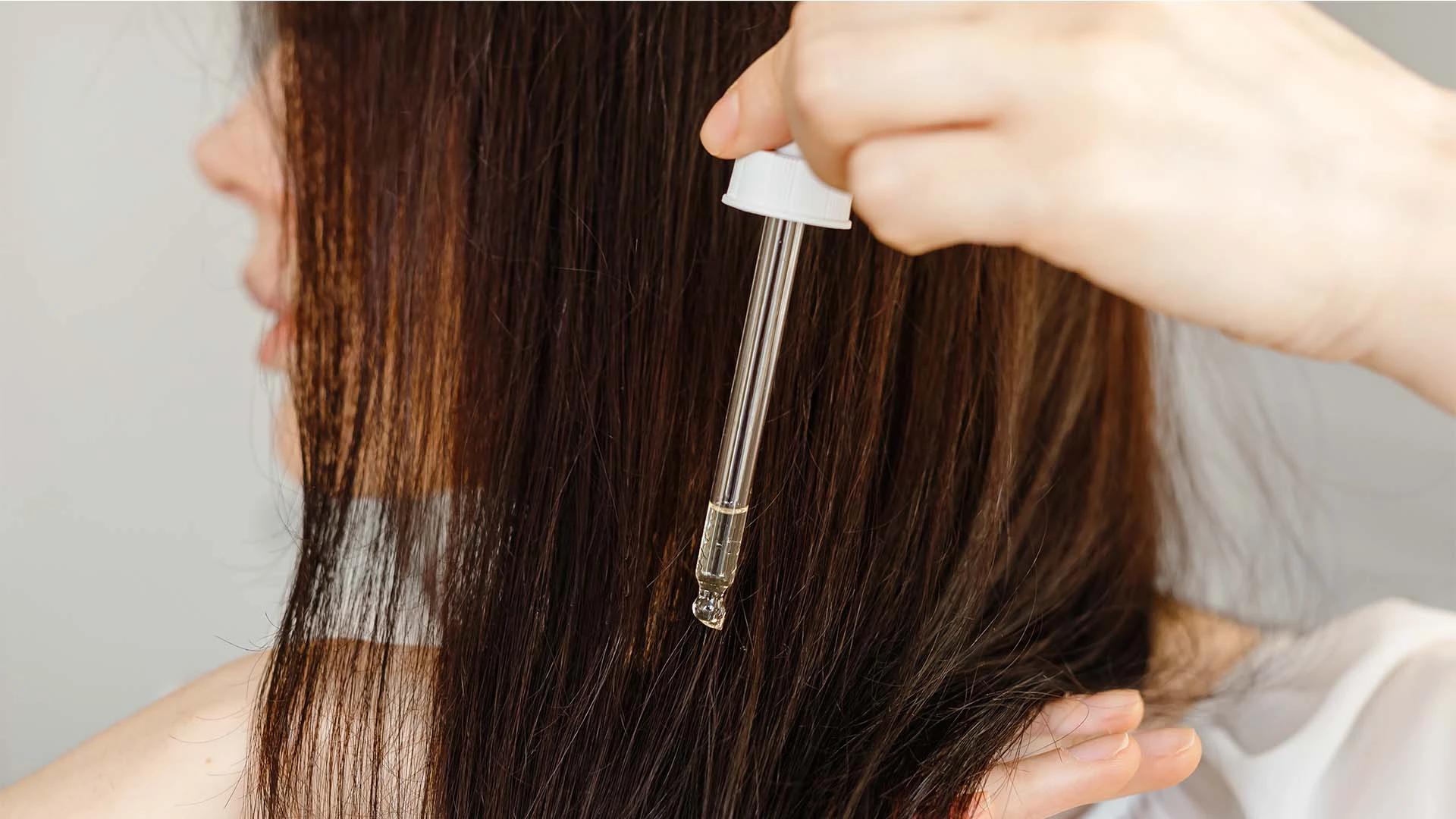Your hair's thickness, porosity, and current condition should guide your choice. Fine hair often responds better to lightweight serums, while thick or damaged hair benefits from oil treatments. Consider your styling habits too—frequent heat styling calls for protective serums, while low-maintenance routines might benefit more from weekly oil treatments.
Also think about your time commitment. Oils often require more planning and washing time, while serums integrate seamlessly into quick morning routines. Your budget matters too, as a little serum goes a long way, but oils typically offer more uses per bottle.
When to Use Hair Oil
Reach for hair oil when your hair feels dry, brittle, or damaged from chemical treatments or heat styling. It's also brilliant for **scalp nourishment** if you're dealing with dryness or flakiness. Weekly oil treatments work wonders for maintaining healthy hair during harsh weather or stressful periods.
Oils are perfect for protective styling, pre-shampoo treatments, or overnight conditioning. If you have the time for a proper hair care ritual, oils deliver unmatched deep conditioning results.
When to Use Hair Serum
Choose serum when you need quick styling solutions and immediate smoothness. It's ideal for daily use, especially if you're blow-drying or heat styling regularly. Serums excel at taming flyaways, adding shine, and creating sleek, polished looks.
They're also perfect for humid weather when you need reliable **frizz control solutions** that won't weigh your hair down. If you're short on time but want polished results, serum is your best friend.
Combining Hair Oil and Serum in Your Hair Care Routine
Here's where things get interesting—you don't actually have to choose just one. Many people successfully use both products in their routine, applying them at different times for different benefits. The key is understanding when and how to layer these **moisturising hair treatments** effectively.
When combining both products, timing matters. Use oil as a weekly deep treatment or pre-shampoo conditioning mask. Follow your regular wash routine, then apply serum to damp hair before styling. This gives you the deep nourishing benefits of oil plus the daily manageability of serum. Just avoid applying both on the same day, as this can lead to buildup or greasy-looking hair.
Popular Hair Oils and Serums for Different Hair Needs
The world of **leave-in hair treatments** offers endless options, from single-ingredient oils to complex serum formulations. Coconut oil works brilliantly for deep conditioning, while argan oil adds shine without heaviness. For serums, look for formulas containing keratin for strengthening or ceramides for smoothing.
This is where exploring different products becomes exciting rather than overwhelming. Instead of committing to full-size bottles right away, you can try various formulations to discover what works best for your unique hair needs. Many brands offer different textures and ingredient combinations, so there's definitely something out there that'll become your next obsession.
FAQs


 100 ml
100 ml 200 ml
200 ml 100 ml
100 ml 30 ml
30 ml